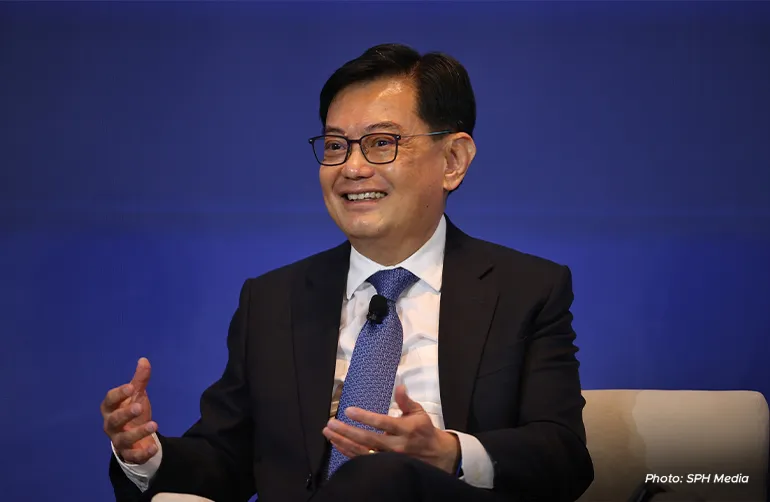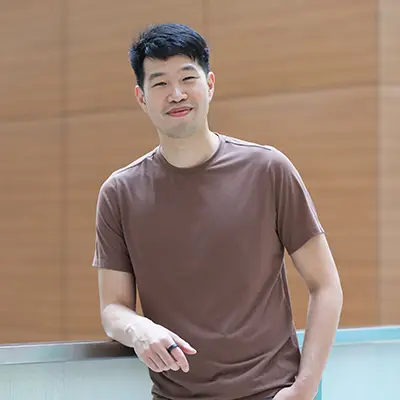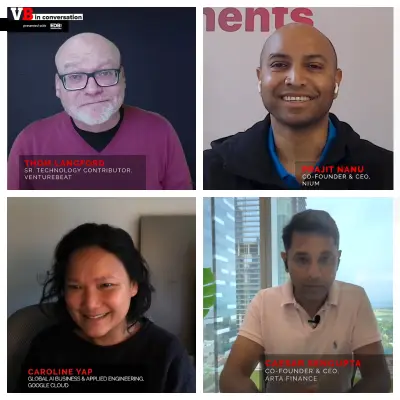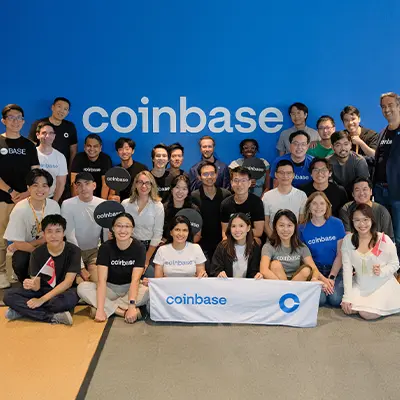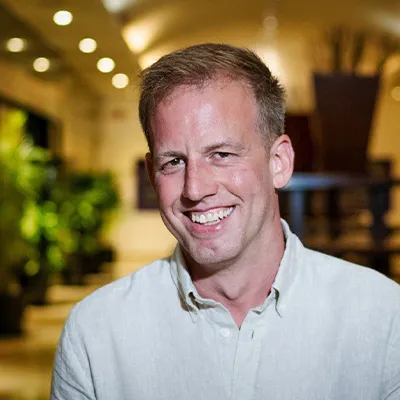Singapore will invest close to S$300 million over the next five years to boost quantum technology research and talent – including efforts to build processors for quantum computers locally.
Called the National Quantum Strategy (NQS), the initiative builds on the over S$400 million that Singapore has already invested into quantum research over the past two decades. There are around 200 quantum researchers and 150 PhD candidates in the field here.
Singapore is part of a global race to build quantum computers, a new class of computers far more powerful than today’s supercomputers.
Quantum technology holds promise as the next tech wave after artificial intelligence, said Deputy Prime Minister Heng Swee Keat as he announced the NQS at the Asia Tech x Singapore conference on Thursday (30 May).
“Quantum computing, for instance, can have far higher processing capabilities, which can be used in many areas, from simulating complex molecules for drug discovery, to optimising investment portfolios (and) cryptography,” said Heng, who was speaking at Capella Singapore hotel.


